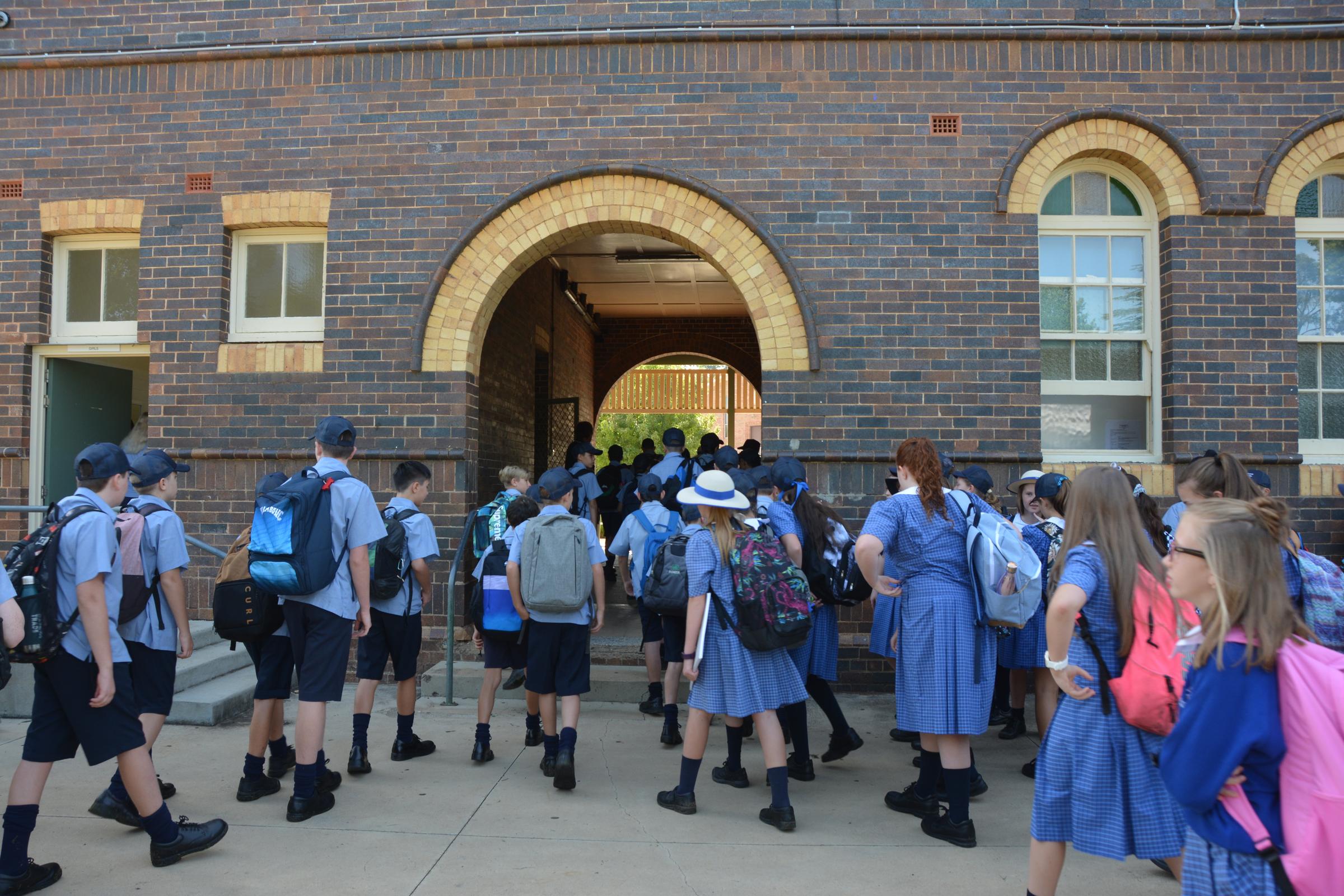Assistant Principal - Learning
Mr Stephen Chapman

Assistant Principal - Learning
Mr Stephen Chapman
What does success look like?
What does success look like? Now, that is a really good question!
At O’Connor, we work hard every day to help students understand how to answer this important question. It’s one of the most important aspects of each lesson. Students, If you know what success looks like in your learning, you are much more likely to strive to achieve it. Parents and carers, why don’t you ask your child at home if they know what success looks like in the classes that had that day? How did they go? Did they achieve success? How do they know? All of these questions are part of what’s called visible learning. That is, can the students see what they are learning? Is it clear to everyone involved?
Importantly, success will look different for each student. This is an extract from our Vision at O’Connor: Everybody can learn, not always at the same time or in the same way and we strive to create learning opportunities for all.
I wrote about The Worthwhile Lesson in my newsletter article last time. Here are two parts of it that are particularly relevant to What does success look like?


These descriptions are written from a teachers perspective. It is important that students think and ask about these as they work through each lesson. Do I know what success looks like? Am I achieving success? Where do I go to if I need help? This last question for students links to the next part of the worthwhile lesson. Student and self-assessment.


It’s not only the teacher who can help students move their learning forward. The notion that the teacher is the sole arbiter of the quality of student work is gone. Students can assess their own work by comparing what they have done to marking criteria or success criteria. Also, friends and peers are equally able to assess each other’s work, as long as they know what success looks like. Often these opportunities are formal and organised by the teacher. But for me, the most powerful way peer assessment work is when it is not formal. I have seen more and more examples of students asking each other for feedback as they work through learning tasks and assessments, just because they want to help each other. Also, I was talking to a student in a Year 9 class the other day and asked the question “Where can you go to if you need help?”. He said the teacher told him earlier “.......... has a really good example of what this task looks like if it is done well. Go and see her if you need help”. That student had earlier walked over and asked that girl for her opinion on his work. The teacher just kept working with other students. What a great use of time!
In my walks around our great school, I have seen numerous examples of student and teachers talking about what success looks like for them. This positive talk that is so clearly focused on learning is inspiring for us all.
Stephen Chapman
Assistant Principal - Learning (Term 4 2020)
Never stop learning; for when we stop learning, we stop growing - Jack Lewman